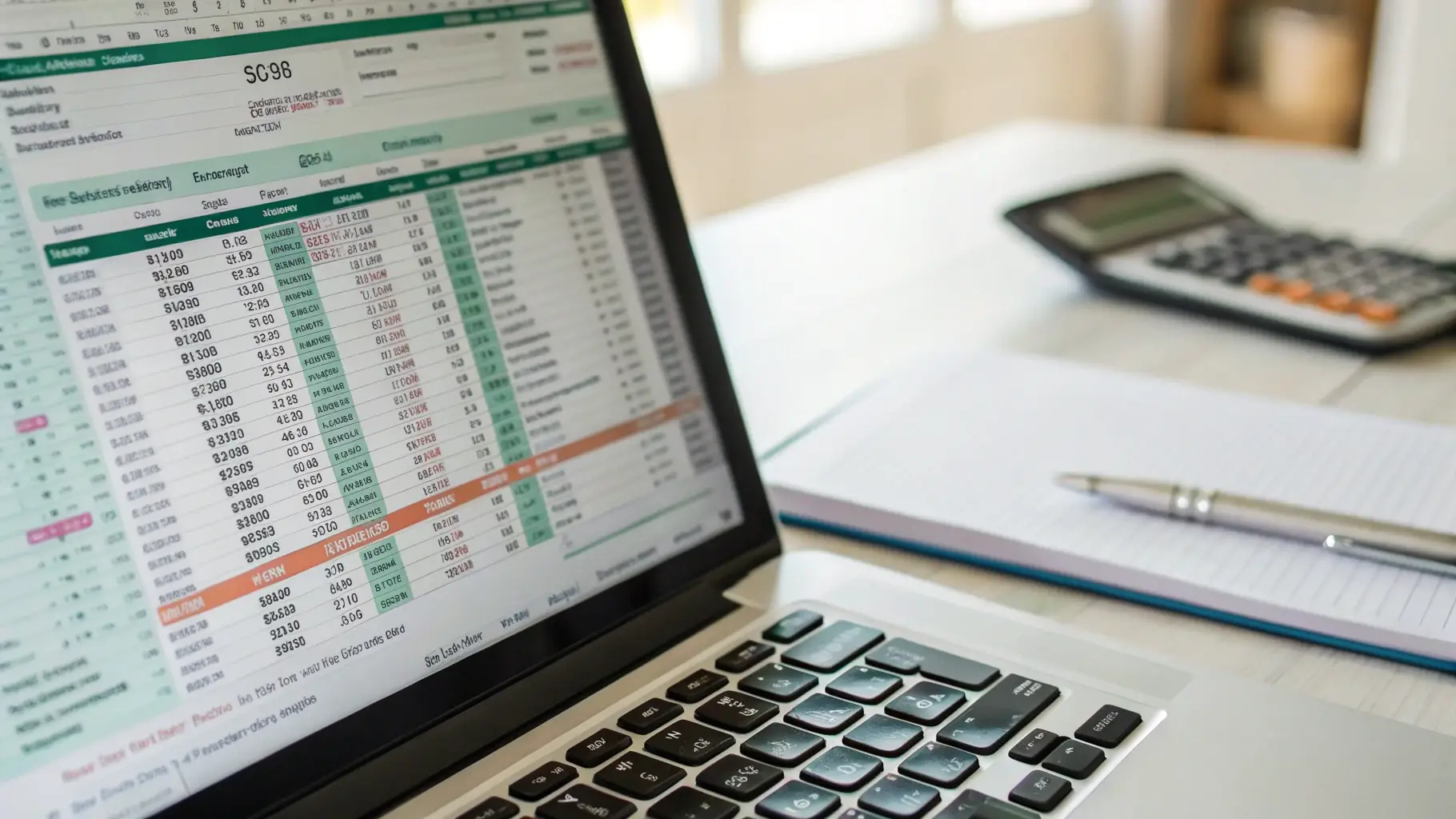Creating a budget is crucial for financial stability. It allows you to track your income and expenses, identify areas where you can save, and ultimately achieve your financial goals. Understanding your spending habits is the first step towards effective budgeting. By analyzing your income and expenses, you can identify areas where you can cut back and allocate funds more strategically. Once you’ve identified your spending patterns, you can start creating a budget that aligns with your financial goals. This involves categorizing your expenses, setting realistic budgets for each category, and tracking your progress regularly. Regular review and adjustments are essential to ensure your budget remains effective and relevant to your evolving needs. Consider using budgeting apps or spreadsheets to streamline the process. Consistency is key to successful budgeting. Regularly reviewing your budget and making adjustments as needed will help you stay on track. This involves monitoring your spending, identifying any discrepancies, and making necessary changes to your budget. By consistently reviewing and adjusting your budget, you can ensure that it remains a valuable tool for managing your finances effectively. Remember, budgeting is a dynamic process, not a static one.
Streamlining Your Online Accounting: Tips and Tricks
Learn how to streamline your online accounting processes for greater efficiency and accuracy.



